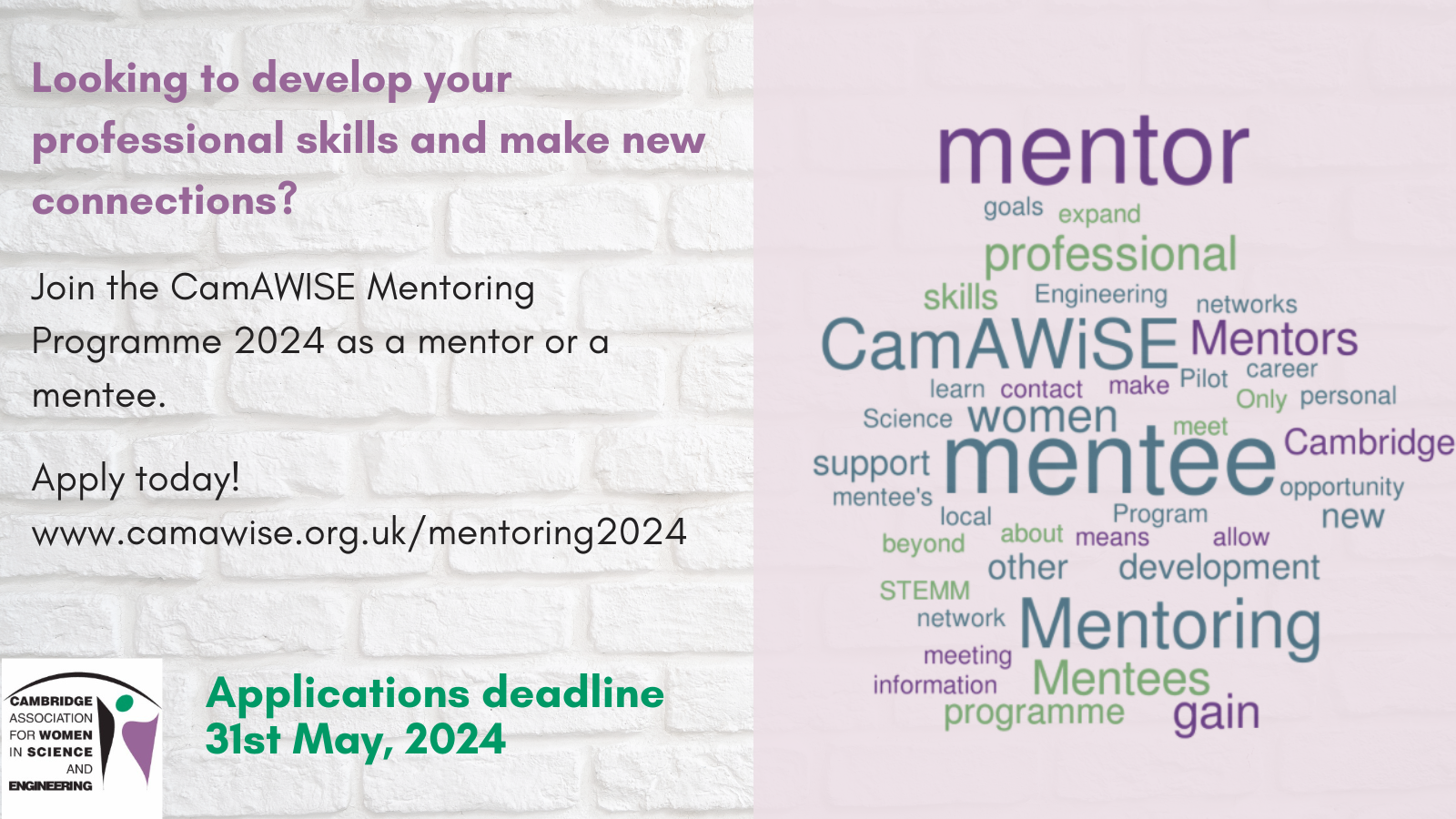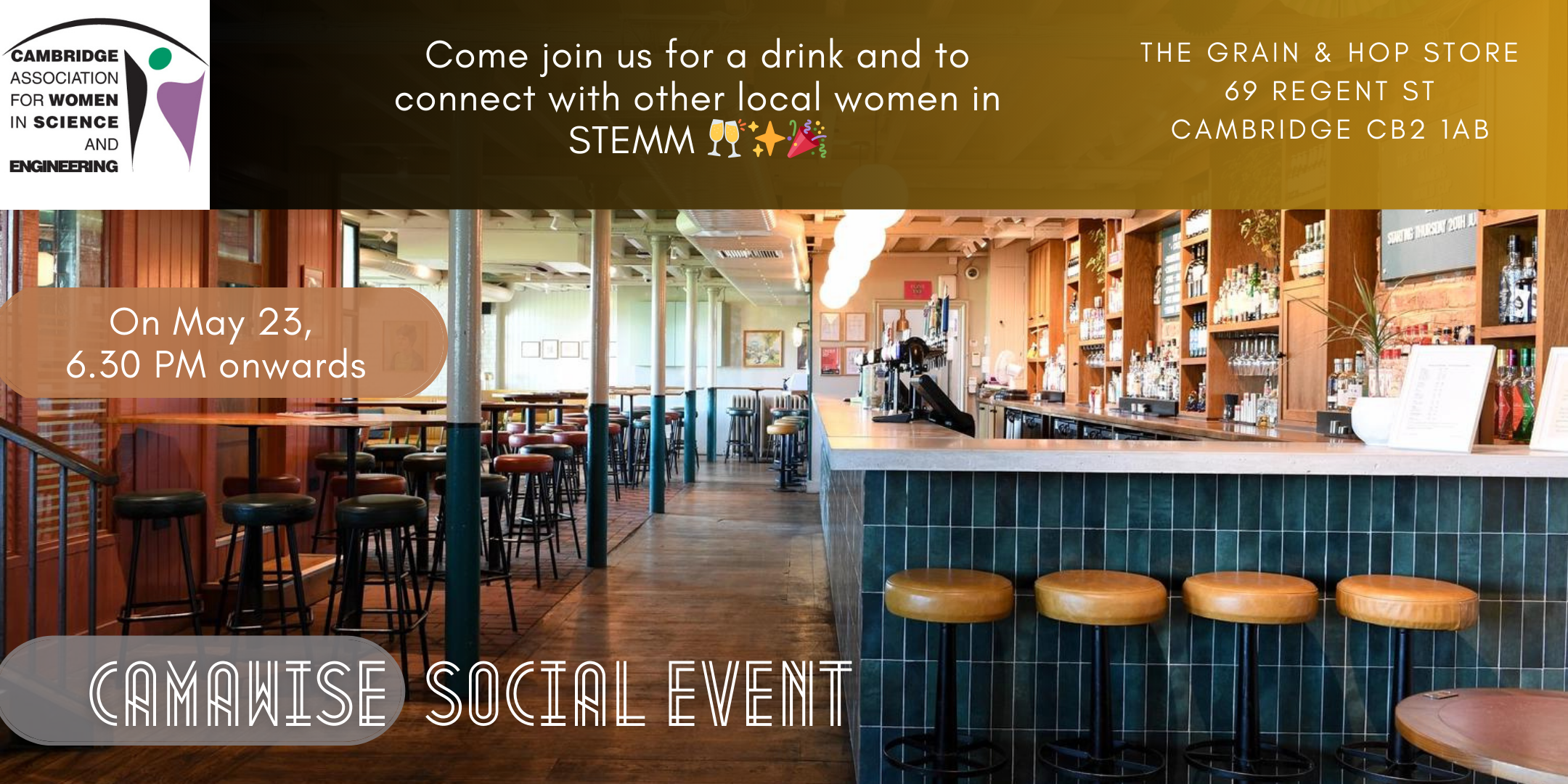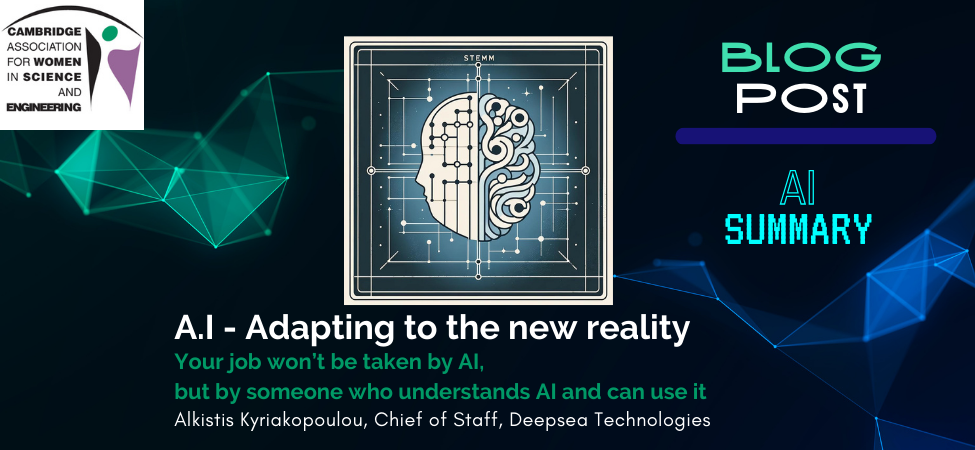What next after Academia? Tania Montanari reports on an inspiring event at the MRC-LMB
 There may be many paths to choose on the way out from an academic research lab. You hang your lab-coat, and bring with you your PhD degree, your post doc experience and a wealth of transferable skills and a new adventure starts! On June 4th, three brilliant women shared their career path and the urges that guided their decisions with a very engaged audience at the prestigious MRC-LMB.
There may be many paths to choose on the way out from an academic research lab. You hang your lab-coat, and bring with you your PhD degree, your post doc experience and a wealth of transferable skills and a new adventure starts! On June 4th, three brilliant women shared their career path and the urges that guided their decisions with a very engaged audience at the prestigious MRC-LMB.
Dr Sobia Raza introduced the audience to the exciting world of science policy. In political institutions scientists are largely under-represented but their role is fundamental in the application of scientific knowledge in the political process and in the development of policies to support science. The final aim of pursuing a science policy career is to contribute to finding effective ways for science to benefit society.
Sobia had very clear ideas about her career which was carefully planned: during her PhD in Edinburgh, she applied for a science policy placement and seconded to the Scottish Parliament as a Research Specialist. She put great efforts in searching opportunities to grab for enriching her CV with relevant experiences while carrying on with her scientific career as a post doc researcher at the Roslin Institute.
Finding the right opportunities to prepare for pursuing a career in science policy is very demanding in terms of both time and energy as they are not properly advertised. Many different skills need to be developed and you need follow scientific advancements together with being informed on political news, economic trends, society needs. Sobia’s passion led her to a permanent position at PHG Foundation as project manager. She is also involved in promoting science policy career paths and in communicating about ways of gathering relevant experience.
Dr Katia Smith-Litiere, after her PhD in plant biotechnology from the University of Ghent (Belgium), unexpectedly decided to move to Cambridge to work as a post doc at Gurdon Institute, after an inspiration while attending a conference. In a constant search for the career which best suited her and her personal development, she joined a consultancy company and started to work on technology innovation.
With her personal life progressing and her family growing, this career was no more ideal so, after a difficult evaluation, she decided to take a break. Her free time started to be filled with volunteer work oriented to science outreach and communication. Katia is a founder member and chair of the Cambridgeshire branch of the British Science Association. She collected interesting and varied experiences and collaborations that, with time, led to the blossoming of the idea of Cambridge Science Centre.
Today, Katia is co-founder and director of strategy and partnerships at this amazing educational charity which hosts hands-on exhibitions, workshops, shows and talks for all ages to raise public interest in science and technology. Cambridge Science Centre is having a huge success and Katia and her collaborators are working to find a larger location in central Cambridge and on the idea of having satellite centres in other areas. One of Katia’s strongest messages is that everybody is allowed to have doubts and to change direction. The essential is to be driven by a true passion for science, to work hard, to be confident and get involved in new experiences.
The series of talks was concluded by Danielle Hoyle who illustrated a path into the challenging field of science administration. After a PhD at the University of Manchester, and a post doc, Danielle decided, with her boyfriend, to move to London to find their way into the job market, because when you have to decide about your future you may want to choose a place to work and live which is the most suitable to your needs and aspirations.
Thinking carefully about her transferable skills and expertise, she wrote a skills-based CV and obtained a job as a science editor at BioMedCentral. This position allowed her to keep her science knowledge updated while widening her expertise and gaining new skills. You can become a great negotiator dealing with disappointed authors!
When Danielle felt she was ready for a new progression, she became grants advisor in the molecular genetics team at the Wellcome Trust. That was for her another valuable experience that gave a decisive pulse to her professional growth and led her to her present position as science and grants manager at Babraham Institute. What Danielle loves about her job is “to get stuff done”, to make things happening. Her advice is to be bold about what you are capable of doing and be confident. “If you don’t ask you won’t get. If you don’t try you will regret.”
Attending the three talks was a very intense and enjoyable experience. Pieces of information, advice, passion and emotion were floating in the air in the lecture theatre, like coloured balloons to be chosen and taken home to inspire deeper reflections but …. only after a proper treat at the delicious buffet!
Tania Montanari








Three truly inspiring stories. Thank you for sharing them with a wider audience.